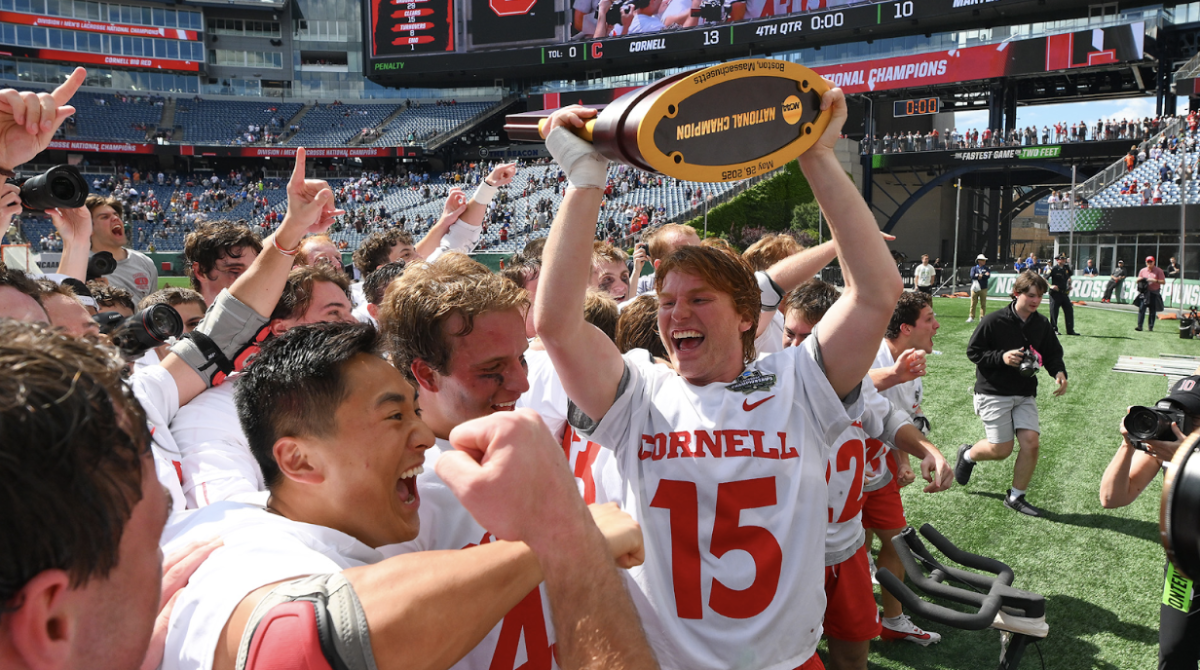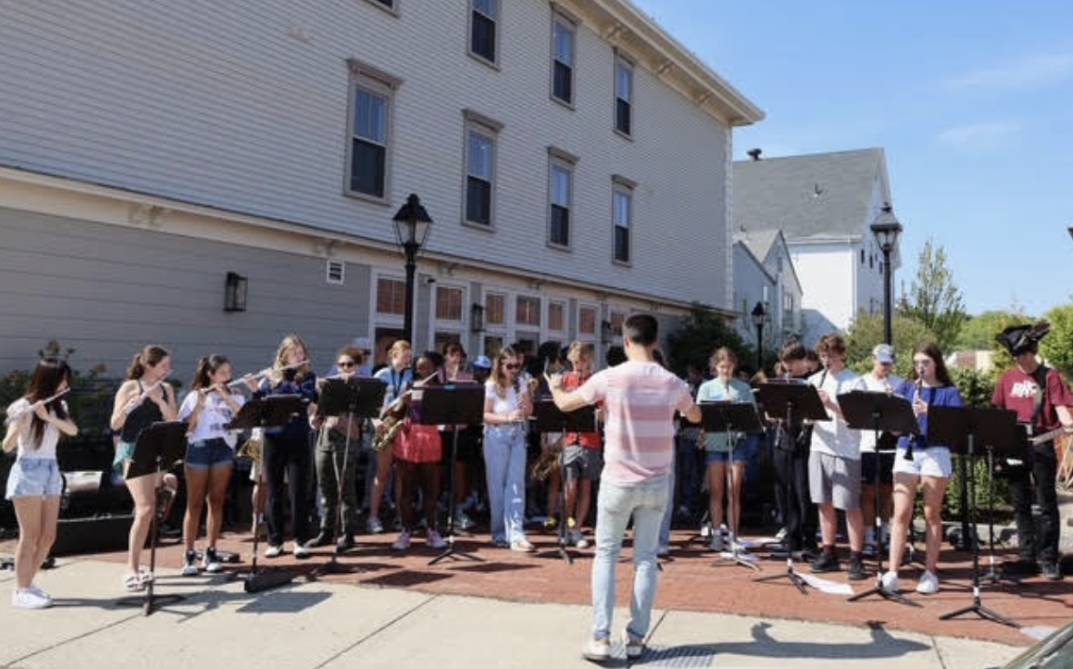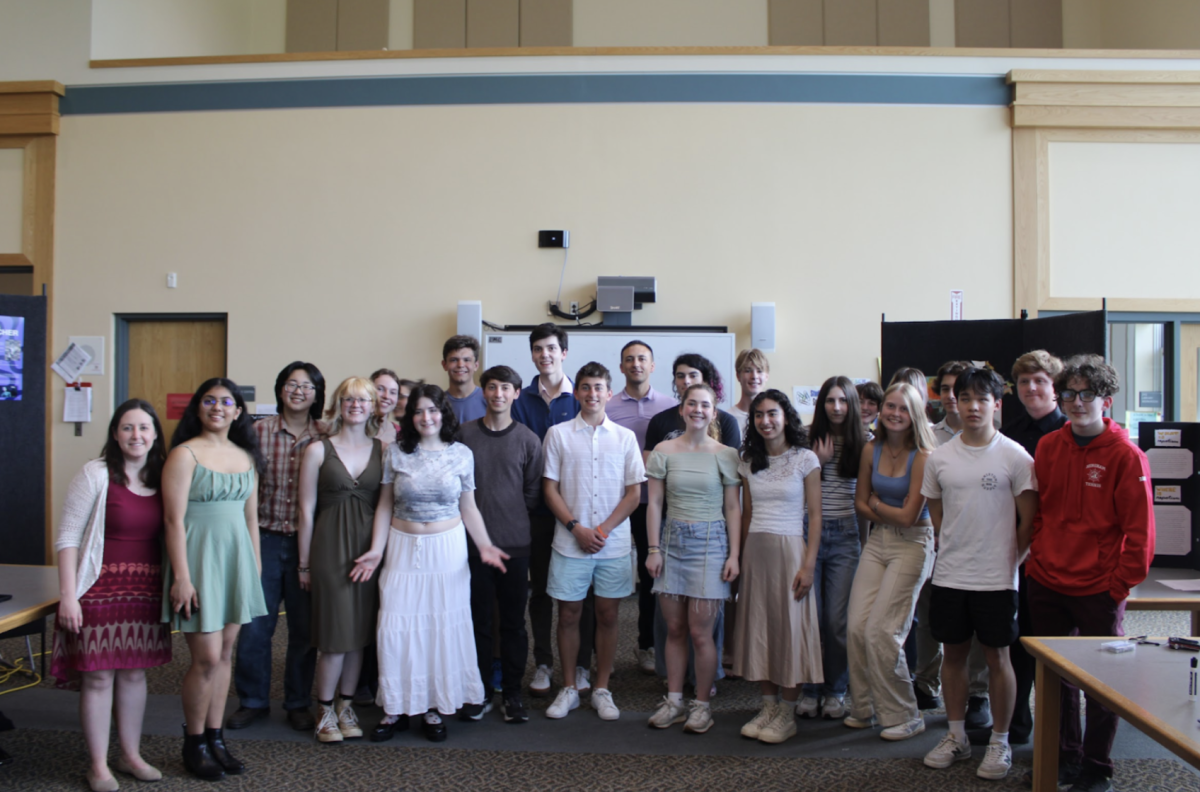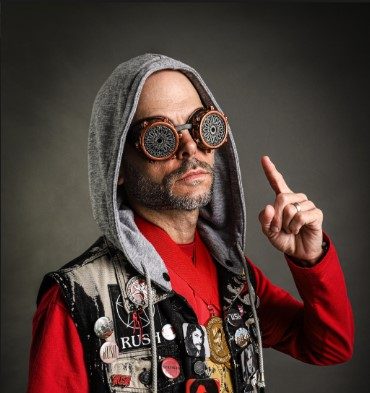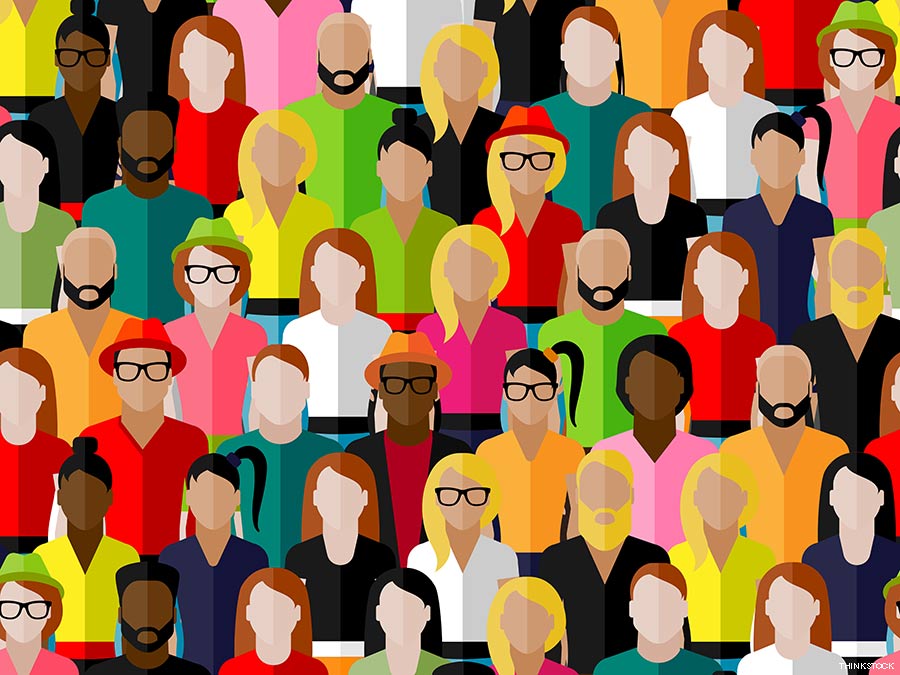Letter to the Editors: Identity Politics Has Made Partisan Issues Seem Like a Zero-Sum Game
Identity politics does more harm than good, furthering polarizing an already divided country.
January 23, 2021
2020 was marked by division among the American people. The Black Lives Matter protests drew attention to the country’s racial injustices but the subsequent counter protests revealed that roughly half the country does not support the solutions to the issues. The presidential election showed greater evidence of the growing rift; the losing side refused to accept the results so vehemently that they even stormed the U.S. Capitol to show their rejection. However, the events of the past year only revealed the growing division over the past four years. Initiated by the country’s two major political parties, identity politics has unintentionally pitted the diverse groups of Americans against each other and made the legislation of increasingly partisan policies seem like a zero-sum game. Everyone wants their issues heard, considered, and addressed, but everyone also fails to realize the power of unity.
Over the last four years, identity politics has perpetuated increasingly partisan issues, causing the growing rift between Democrats (left-leaning liberals) and Republicans (right-leaning conservatives). In 2016, Democrats used identity politics to draw attention to issues faced by minority groups in America, especially BIPOC individuals who prioritize discrimination and racial justice. They offered promises like immigration reform only to find themselves on the losing side of elections. White working-class voters—which constitute 60% of the electorate in most states—don’t value social policies as much as economic independence, especially as U.S. companies increasingly outsource jobs overseas. This paved way for the presidency of Donald Trump—the 2016 Republican presidential nominee. Despite being a wealthy businessman who inherited a large portion of his wealth, Trump appealed to the white working-class with his anti-immigration rhetoric and promises to increase jobs. As president, Trump furthered their discontent for the left’s affinity to social issues by perpetuating racist sentiments and supporting white supremacists through his racist rhetoric on public platforms including Twitter and national television. When BLM protests began in the summer of 2020, Trump’s supporters, including many white working-class Conservatives, engaged in violent counter protests. Law enforcement disproportionately used force to control BLM demonstrations compared to other types of demonstrations. When Trump supporters stormed the Capitol following the presidential election, law enforcement hesitated to control the situation. Many current or former members of the U.S. military or law enforcement even participated in the insurrection themselves. The rioters were so discontent with the other side that they felt that they had nothing to lose.
BIPOC individuals and the white working-class both want the government to address their grievances and respect their identities. The white working-class Conservatives are frustrated by the lack of jobs. Trump’s promises and rhetoric that suggested immigrants were responsible for their economic losses appealed to them. However, Trump’s affinity to white supremacy, which normalized overt racism previously hid away and reinforcing covertly racist institutions, frustrated the BIPOC community. Further, when Trump failed to create as many jobs as he promised by the end of his first term, partly due to the onset of the coronavirus pandemic, he diverted the blame to Asian-Americans after utilizing racist rhetoric to blame China for the devastating effects of the pandemic. At the same time, the BLM movement caught the attention of the nation. On top of this, the media amplified identity politics by feeding into the frustrations of both sides and emphasizing the worst aspects of the other side. Affinity to white supremacy increased on one side while frustration for racial injustice increased on the other.
Identity politics isn’t the solution to the country’s problem, but rather the cause. Although many right-wing writers pride themselves in criticizing identity politics, they contribute to the problem by claiming that individual identity does not matter. While they do acknowledge that identity politics reduce minority groups to labels that make way for “racial quotas and preferences,” they fail to acknowledge and affirm the importance of identity. Racial and gender identity constitutes a crucial part of an individual’s experience. As a Chinese American who grew up speaking Chinese at the same time as English, I experience both American and Chinese cultures every day. I prefer to use chopsticks and eat Chinese food more than American food (not General Tso’s chicken but delicious home-cooked meals made by my grandparents). The experiences shaped by my Chinese American identity will most definitely shape how I vote when I turn eighteen. This importance surrounding identity gives politicians the impression that they need to make specific promises to appeal to specific groups. However, this does not necessarily elevate the importance of identity, but rather reduces the individual identity of a living, breathing human to a mere label and a political commodity. My Asian-ness constitutes part of my identity, but the Asian label isn’t who I am. Further, identity politics is a vehicle of white supremacy itself. By dividing Americans into separate voter blocs, politicians pit groups against each other, forcing them to compete for the legislation policies that favor them. This leads to the special treatment of some groups—usually white groups— and the negligence of others, causing a negative feedback cycle of racial disparities. Fueled by covert white supremacy, identity politics, therefore, reduces unique individuals to labels of their racial background. Further, by pitting minority groups against each other, the system institutes identity politics to maintain dominance over racial minorities. Rather than being reduced to mere voter blocs, the diverse communities within the BIPOC community all desire equal treatment in society. For this to happen, we must value unity and the importance of individual identities. All Americans value their racial and gender identities, but ultimately it isn’t the labels of these identities that make them who they are in society, especially when it comes to politics.
The events of the last year have indicated the changes that must be made to overcome the growing rift caused by identity politics. First and foremost, we must condemn white supremacy. More than ever, we must acknowledge that every individual is a unique living, breathing human, regardless of race, gender, or sexuality. The government and society must collaboratively protect all individual identities through broad-based rights and principles, which can only be achieved through political solidarity. Political solidarity, however, can only be achieved without white supremacy, the root of the racial division. In the second decade of the twenty-first century, white supremacy must be condemned to no longer exist. This means no more divided voter blocs or one-sided promises, but more compromises and bipartisan legislation.
Without identity politics, the country would benefit without the stress of various groups pitted against each other. President Biden’s goals for unity, which starkly contrast Trump’s goals, provides a sense of hope that issues on all sides will be positively addressed collaboratively. The legislation of policies isn’t a zero-sum game; jobs can be created while racial equality is achieved. Martin Luther King Jr. once said, “I have a dream that my four little children will one day live in a nation where they will not be judged by the color of their skin but by the content of their character.” With white supremacy and racism still present in society, we still haven’t achieved that dream. But without identity politics that divide us based on who we are, we would be one step closer to King’s vision.











